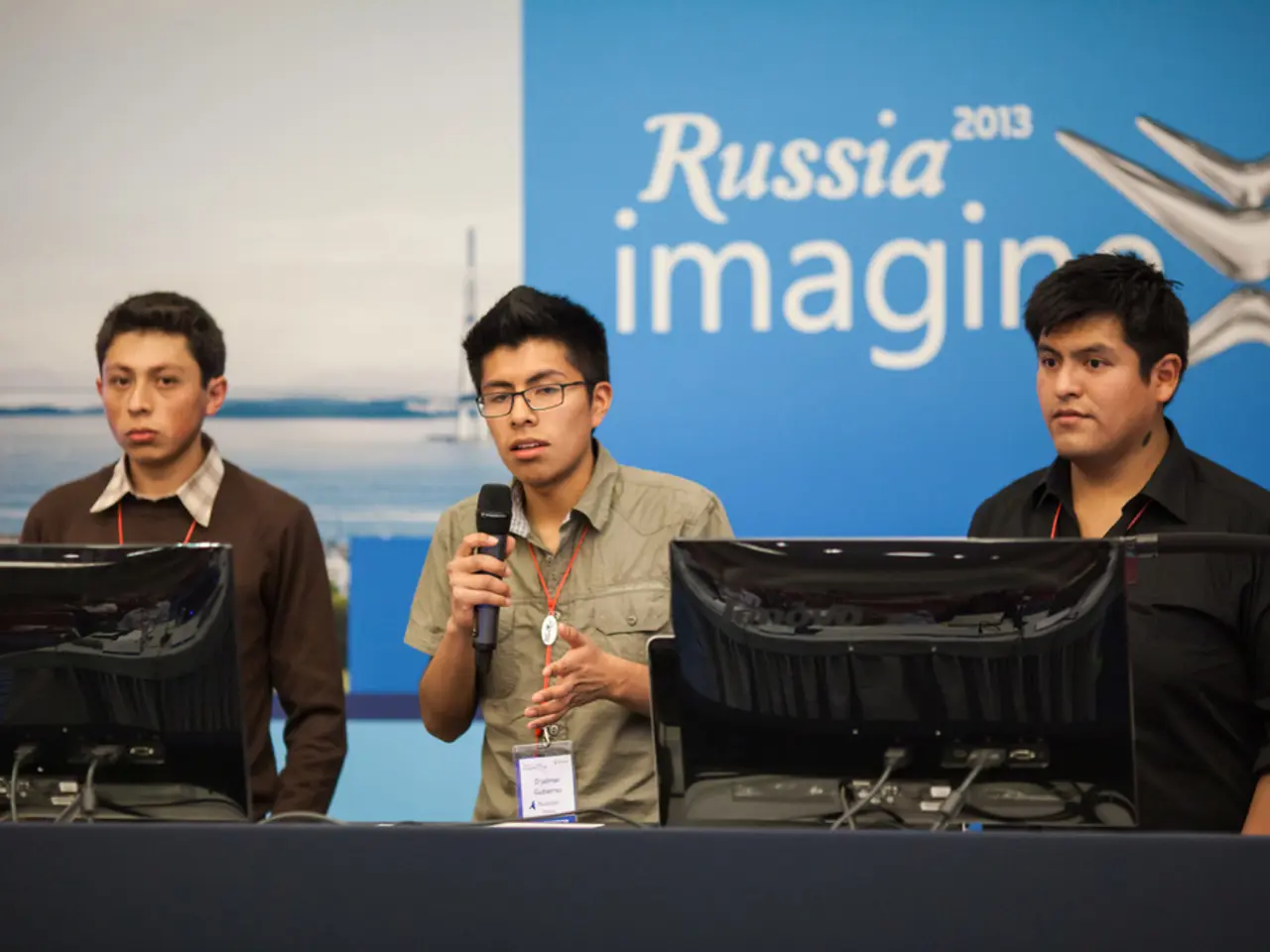Emergence of Authorized Betting Activities in Rapidly Developing Economies
In recent years, countries like Brazil and India have taken a significant step forward by legalizing casino resorts and online gaming platforms. This move is more than just a chance to place a bet; it's a gateway to forming connections, boosting local economies, and celebrating cultural identities.
The legalization of gambling in emerging markets is experiencing significant growth, creating a rich landscape of opportunities. Countries such as Colombia, Mexico, Argentina, and Brazil have embraced this change, issuing online licenses for casinos, sportsbooks, and poker since the late 2010s and early 2020s. This shift has led to rapid market growth, generating billions in revenue and expanding business opportunities.
For instance, Brazil's regulated market is projected to generate $6.3 billion by 2028, while Mexico and Colombia are each forecast to surpass $1 billion in revenue. This growth underscores the economic benefits of legalized gambling, such as tax revenue and job creation. However, operators must navigate varying regulations and cultural preferences in each country.
Legal gambling platforms also serve as a means of connecting people by offering interactive online environments that link users with shared interests in sports and gaming. This social connectivity is bolstered by digital innovation like mobile apps and live betting, contributing to user engagement and market expansion.
Innovation in regulated gambling markets involves implementing technological solutions that improve user experience, ensure regulatory compliance, and enable data-driven marketing and responsible gambling tools. This is especially evident in markets with modern regulatory frameworks such as the U.S. states of New Jersey, Michigan, and Pennsylvania, which have seen strong iGaming revenue driven by progressive tax structures and investment-friendly regulations.
However, the sector also faces challenges related to regulation complexity, compliance costs, and public health concerns. The complexity and fragmentation of legal frameworks, particularly in the U.S., can discourage operator expansion and user participation. Public health concerns prompt ongoing legal interventions such as age restrictions, advertising limits, stake controls, and mandatory affordability checks to mitigate gambling-related harm. Regulatory bodies are focused on evaluating the efficacy of these interventions to balance economic gains against social risks.
Governments, operators, and community organizations are collaborating to establish responsible gaming practices. Community events showcasing local culture and talent are being organized in emerging markets, while online forums are created for players to discuss strategies and share experiences. The connections formed through legal gambling in emerging markets foster community and growth in ways yet to be fully realized.
The rise of technology in legal gambling has made gaming experiences more accessible and immersive, with online platforms delivering virtual reality casinos, live dealer experiences, and AI-driven games. The gaming industry in the Philippines, for example, has become a significant source of employment and fostered entrepreneurial ventures.
The topic of legal gambling in emerging markets has the potential to break down traditional barriers and steer conversations, culture, and connections towards a more vibrant and inclusive future. As the expansion of legal gambling in emerging markets continues, it's crucial for all stakeholders to approach this journey with enthusiasm, optimism, and proactive strategies to sustain this positive trajectory.
[1] Global Gambling Business (2021). Emerging Markets: The Future of iGaming. Retrieved from https://www.globalgamingbusiness.com/news/emerging-markets-the-future-of-igaming [2] Responsible Gambling Council (2021). Public Health Interventions in Gambling. Retrieved from https://www.responsiblegambling.org/what-is-responsible-gambling/public-health-interventions [3] Eilers & Krejcik Gaming (2021). State of the Union: US iGaming. Retrieved from https://www.eilerskrejcik.com/state-of-the-union-us-igaming [4] American Gaming Association (2021). Responsible Gambling. Retrieved from https://www.americangaming.org/issues/responsible-gambling/
- The rapid growth of the regulated gambling market in emerging countries presents numerous opportunities for technological innovations, such as AI-driven games, virtual reality casinos, and live dealer experiences.
- Embracing digital technologies as part of legalized gambling platforms can foster economic growth, seen in the Filipino gaming industry, which has become a significant source of employment and entrepreneurial ventures.
- Operators in these markets must navigate complex regulations and cultural preferences, often adopting technological solutions to enhance user experience, ensure regulatory compliance, and enable data-driven marketing.
- To address public health concerns, gambling platforms can implement responsible gambling tools, age restrictions, advertising limits, stake controls, and mandatory affordability checks, as suggested by ongoing legal interventions.
- Collaborative efforts among governments, operators, and community organizations are crucial to shaping responsible gaming practices and nurturing connections between people, fostering community growth and promoting a more vibrant and inclusive future in emerging gambling markets.




